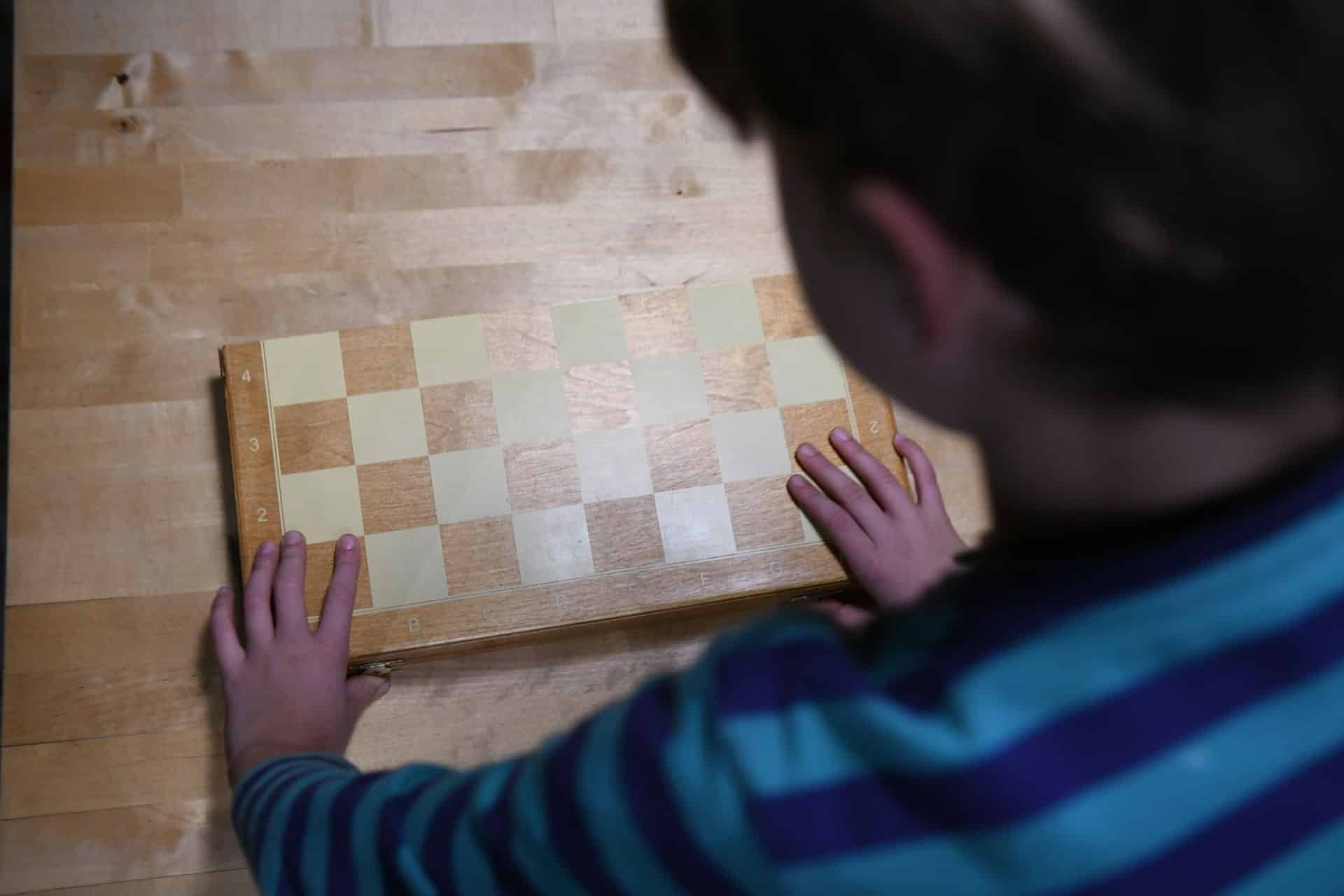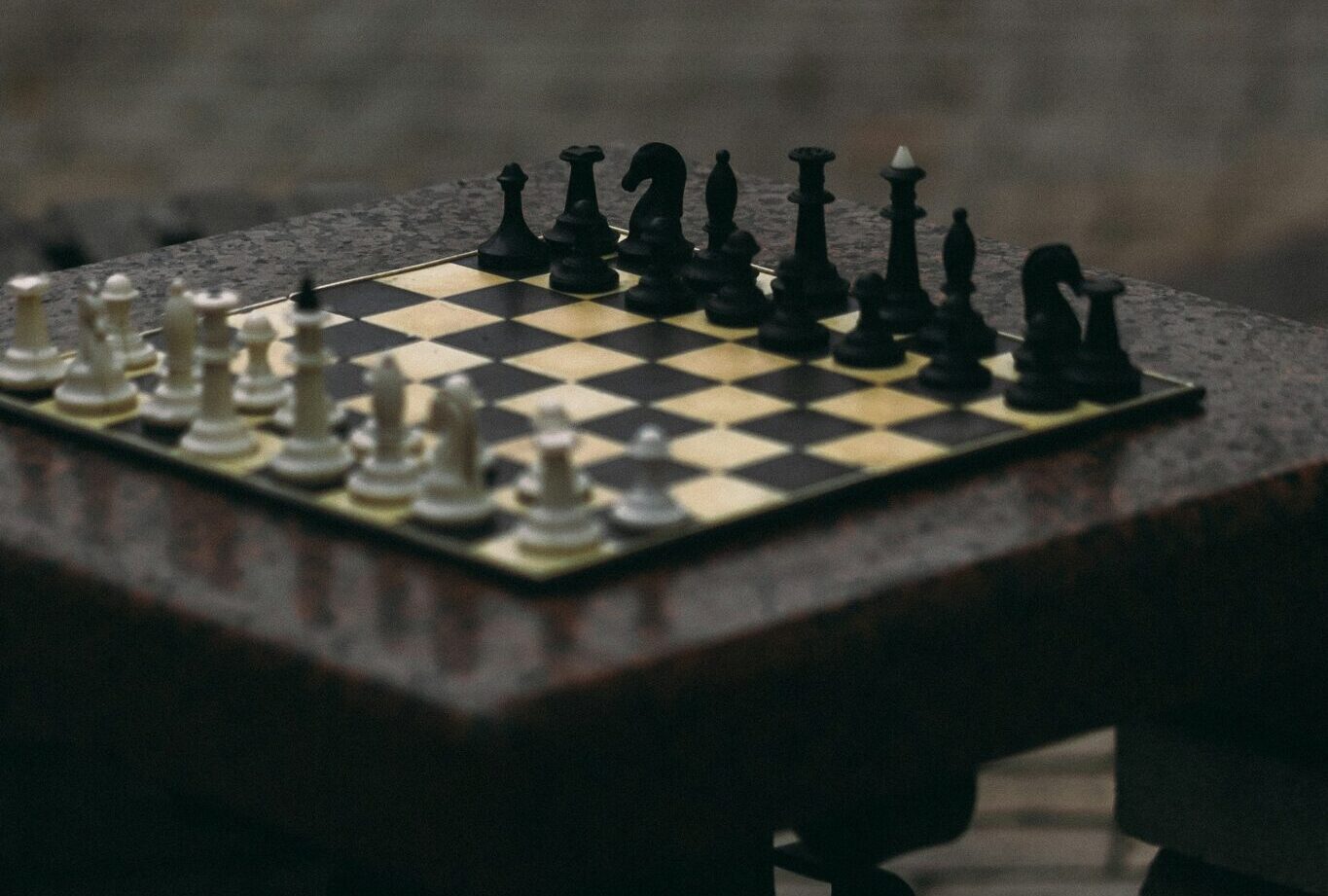Chess is a game that has captivated minds for centuries. Its strategic depth, tactical intricacies, and the endless possibilities it offers make it a timeless and intellectually stimulating pursuit. Whether you're a novice looking to learn the basics or a seasoned player aiming to refine your skills, you can enhance your chess abilities from the comfort of your own home. In this step-by-step guide, we'll explore various methods and resources that will help you become a better chess player, right from your living room.
Table of Contents
Step 1: Master the Fundamentals
Every chess journey starts with a solid understanding of the basics. Even if you're already familiar with the rules, revisiting them can be immensely beneficial. Here's what you should focus on:
Chessboard Setup
Ensure you know how to set up the chessboard correctly. You can even try to create game posters at Storyboard That, an online creation platform that allows people of all skill levels to create amazing visuals. Each piece should occupy its designated square, with the queen on her color, and the back rank should read “RNBQKBNR” from left to right.
Piece Movement
Review how each piece moves. Pay particular attention to the knight's unique L-shaped jumps and the pawn's initial two-square advance option.
Special Rules
Understand en passant, castling, and pawn promotion rules. These can have a significant impact on your games.
Check and Checkmate
Learn the difference between a check (when a king is under attack) and a checkmate (when a king is in check with no legal moves to escape).
Step 2: Study Classic Games
Chess has a rich history filled with remarkable games played by legendary players. Analyzing these games can provide valuable insights into strategy, tactics, and endgame techniques. Here's how to go about it:
Chess Books
Invest in a few classic books that showcase famous games and provide commentary. Titles like “My Great Predecessors” by Garry Kasparov or “Logical Chess: Move By Move” by Irving Chernev are excellent choices.
Online Databases
Explore online chess databases like Chess.com or ChessBase, where you can search for and replay historic games played by the grandmasters.
YouTube Videos
Many YouTube channels offer in-depth analysis of classic games. Watching experts break down the moves and strategies can be both educational and entertaining.
Step 3: Practice Regularly
Improvement in chess, like any skill, requires consistent practice. Make chess a part of your daily routine:
Solve Puzzles
Solving puzzles is a fantastic way to enhance your tactical vision. Websites and apps like Lichess, Chess.com, and Tactics Trainer offer a plethora of puzzles for all skill levels.
Play Online
Engage in online games against opponents of varying skill levels. Platforms like Chess.com and Lichess allow you to play against real people from around the world.
Set Up a Chessboard
If possible, keep a chessboard set up at home. Casual games with friends or family members can be both fun and instructive.
Step 4: Learn from Your Games
Merely playing chess is not enough; you must analyze your games to identify weaknesses and areas for improvement:
Post-Game Analysis
After each game, whether you win or lose, review your moves. Identify blunders and missed opportunities. This self-reflection is key to growth.
Use Chess Engines
Chess engines like Stockfish or Komodo can help you analyze your games and pinpoint mistakes. They also provide insights into alternative moves and strategies.
Step 5: Study Opening Theory
The opening phase of a game sets the stage for the middlegame and endgame. Familiarize yourself with key opening principles:
Opening Repertoire
Select a few openings to specialize in. Learn the main lines, typical pawn structures, and common plans associated with your chosen openings.
Online Resources
Explore online resources, including videos, articles, and books, that cover opening theory. Websites like Chess.com and Chessable offer comprehensive opening courses.
Step 6: Improve Your Endgame Skills
Mastering the endgame is crucial for converting advantages into wins and saving drawn positions. Here's how to enhance your endgame proficiency:
Endgame Studies
Work through endgame studies and puzzles to improve your technique. Books like “Silman's Complete Endgame Course” are excellent resources.
Practice Endgames
Play endgame scenarios against computer opponents or friends to hone your skills. Focus on basic endings like king and pawn versus king, rook endings, and queen endings.
Step 7: Join a Chess Community
Chess is more enjoyable when shared with others. Joining a community can provide motivation, opportunities for learning, and a sense of belonging:
Local Chess Clubs
Check to see if there are any chess clubs in your area. Participating in over-the-board events can be a rewarding experience.
Online Chess Forums
Engage in online forums and communities to discuss strategies, share experiences, and find practice partners.
Step 8: Stay Informed
Chess is an ever-evolving game, and staying up-to-date with the latest developments is essential:
Chess News Websites
Follow reputable news websites to stay informed about the latest tournaments, game analyses, and updates in the chess world.
Watch Live Tournaments
Watch live broadcasts of top-level tournaments. Commentaries by grandmasters can provide valuable insights into high-level play.
Step 9: Set Goals
To track your progress and maintain motivation, set achievable goals:
Rating Improvement
Establish a target rating and work towards it. Many online platforms provide rating systems to help you gauge your skill level.
Tournament Participation
Consider participating in local or online tournaments. The competitive environment can help you grow as a player.
Step 10: Enjoy the Journey
Lastly, remember that chess is not just about winning; it's about enjoying the process of improvement and the intellectual challenges it presents. Don't let setbacks demotivate you; instead, embrace the beauty of the game.
In conclusion, improving your skills at home is a rewarding and achievable endeavor. By mastering the fundamentals, studying classic games, practicing regularly, analyzing your games, and engaging with the community, you can become a better chess player and derive immense satisfaction from your progress. So, set up your board, sharpen your mind, and embark on the fascinating journey of improvement. Whether you aim to become a grandmaster or simply enjoy the game with friends and family, the path to chess mastery starts right at home.






